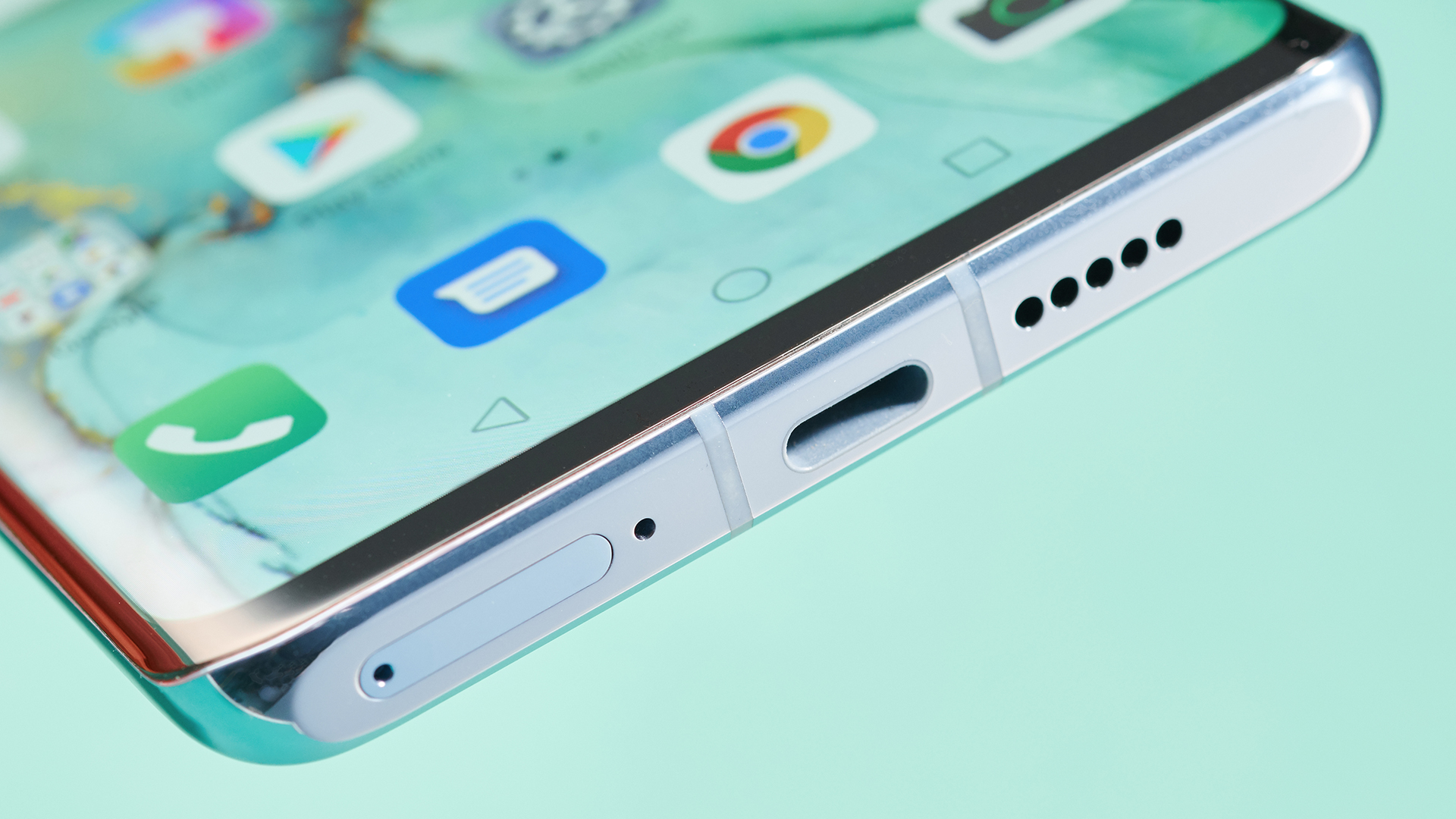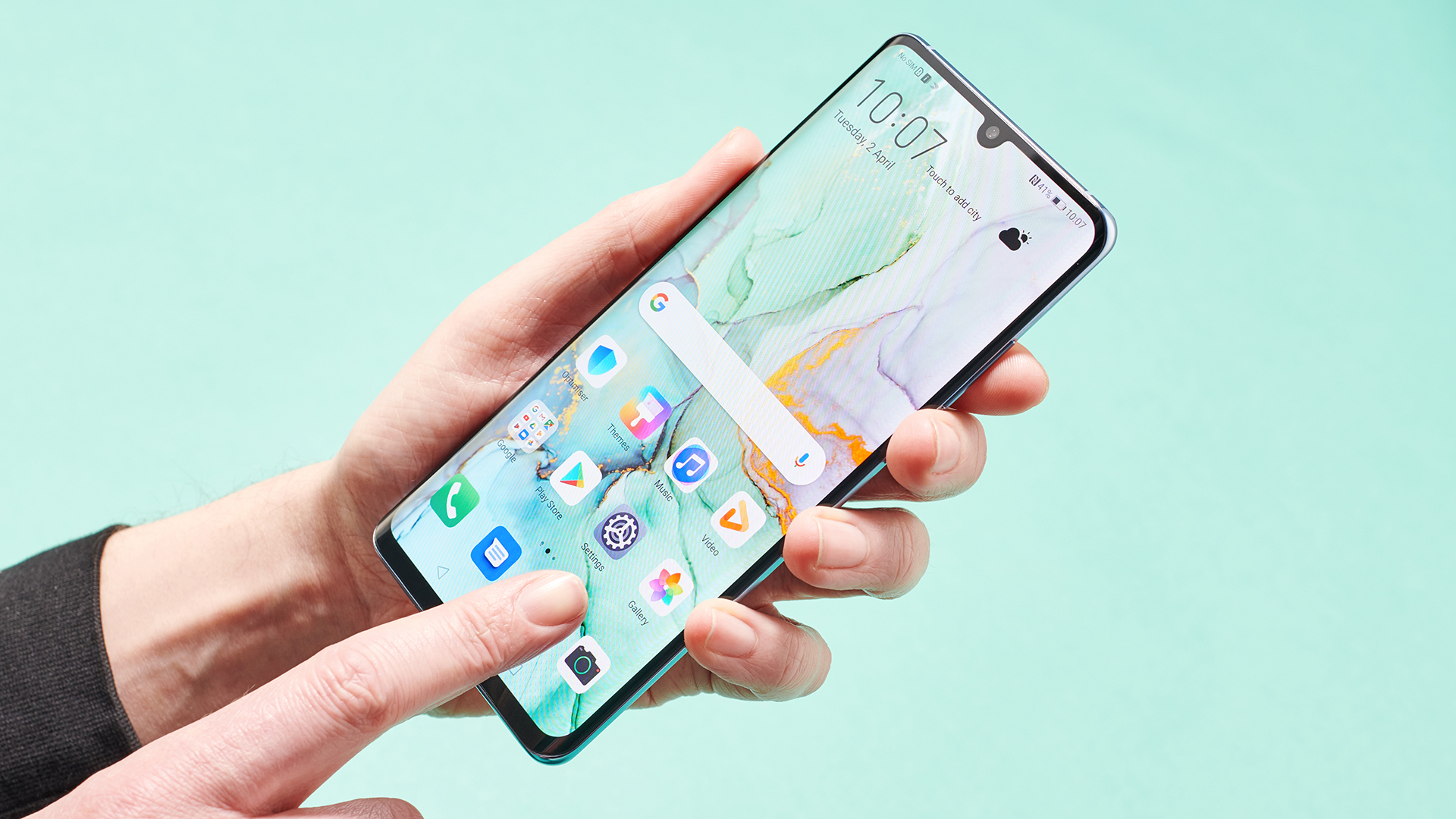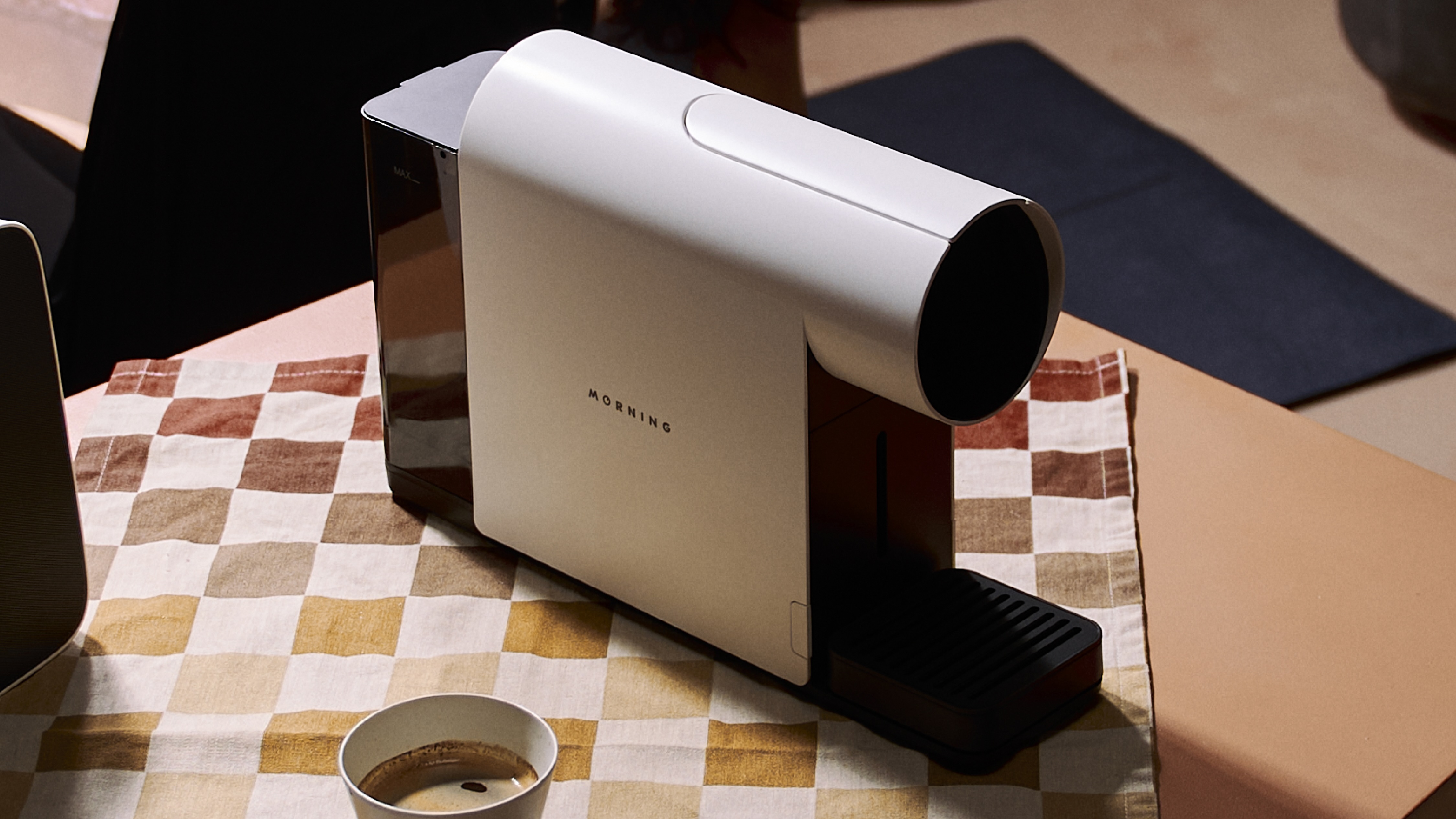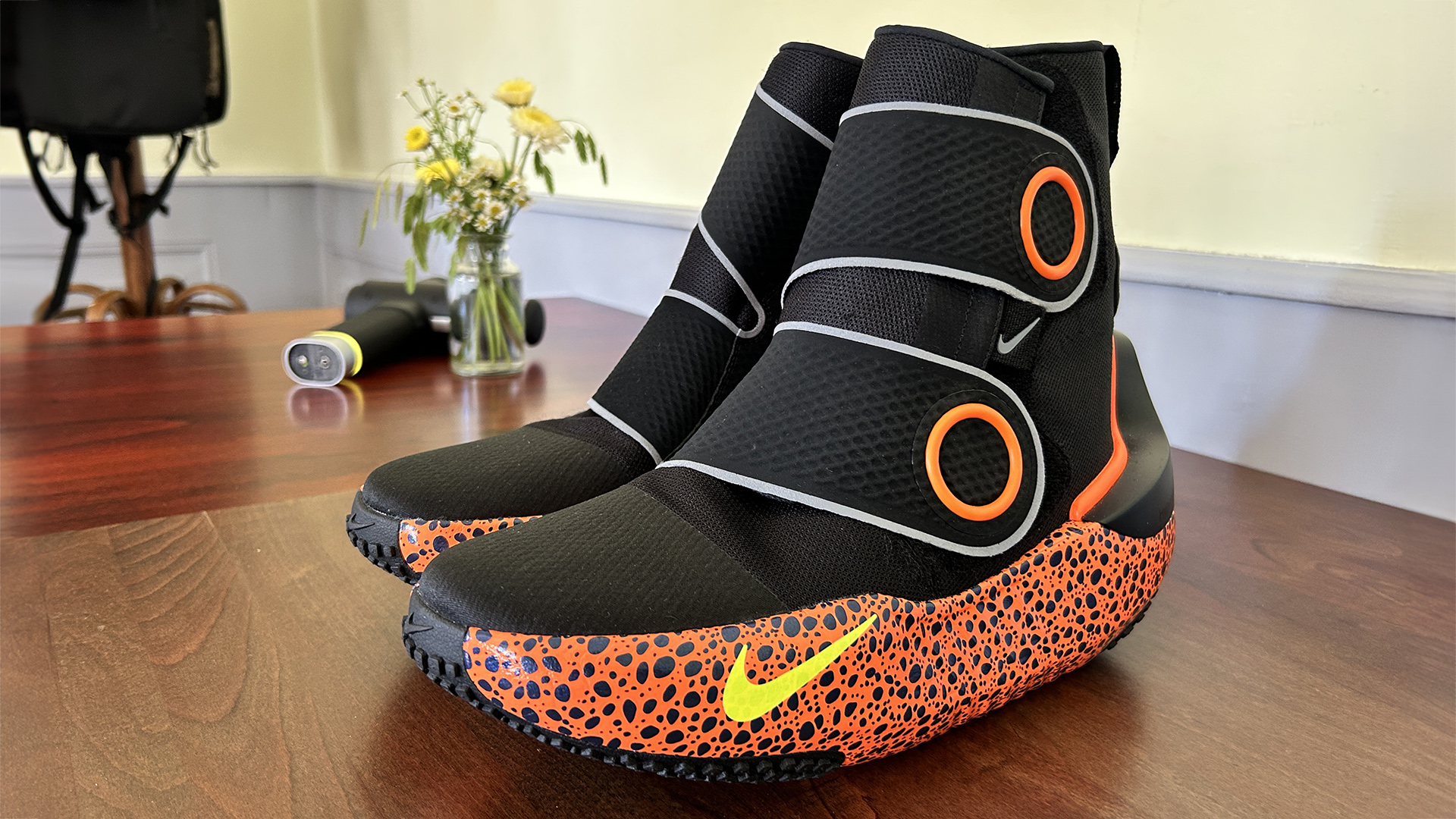

Phone owners who have just dropped a significant sum of cash on a Huawei P30 Pro, or were eagerly waiting to buy the Chinese maker's incoming Huawei Mate 30 or foldable Huawei Mate X smartphones, just received a nightmarish piece of news.
As reported originally by Reuters, Google has suspended business with Huawei immediately in order to comply with the US government's blacklisting of the company.
The result of this forced move is not good for Huawei or users of its handsets outside of China. Huawei will "immediately lose access to updates to Google's Android operating system. Future versions of Huawei smartphones that run on Android will also lose access to popular services, including the Google Play Store and Gmail and YouTube apps."
This really is as bad as it sounds for Huawei and for Huawei phone users. For Huawei phone users, no matter where they are in the world, this means the following:
1. Unlike what Huawei promised mere days ago, the P30 and Mate 30 range of phones will not be getting Android Q first. Indeed, they won't be getting it at all, ever. As Google is now no longer doing business with Huawei, no existing phones (such as the P30 range) will get Android OS updates or security patches, while as we will see directly below, future phones won't have access to Google's official version of Android at all.
2. The Mate 30 (and other yet-to-be Huawei phones) will now not be able to use any official version of Google Android at all, with only the open-source version of Android usable. Of course, while these future phones could potentially run a version of open source Android, they still would not get access to any of Google's apps or services, including the Google Play Store. One caveat: it's conceivable that Huawei already has licencing deals in place for the Mate 30 range and the Mate X to run an official version of Android, in which case those devices will at least ship with Android 9 Pie, but it's not known whether those deals are in place and, if so, whether they will be affected by the US government's ruling.
3. All existing Huawei phones will still get access to the official version of Android they are running and, as officially confirmed in the Tweet below from the official Android Twitter account, also Google Play and security from Google Play Protect, too. None of these existing devices will get any updates, though, neither to the operating system nor to security through patches.
Sign up to the T3 newsletter for smarter living straight to your inbox
Get all the latest news, reviews, deals and buying guides on gorgeous tech, home and active products from the T3 experts
For Huawei users' questions regarding our steps to comply w/ the recent US government actions: We assure you while we are complying with all US gov't requirements, services like Google Play & security from Google Play Protect will keep functioning on your existing Huawei device.May 20, 2019
4. We can assume that this ban, and its effects, also applies to Honor phones as Honor is a sub-brand of Huawei, which was created in 2011.
5. While unconfirmed at the time of writing, Microsoft may also be forced to revoke access to the Windows 10 operating system that is used by many of Huawei's laptop systems, such as the Huawei MateBook X Pro, as well as supply any updates to the OS going forward. Linux is a possible solution.
6. Prices on used Huawei smartphones now look set to plummet over the coming months due to the inability for any of them to get updated with Android Q's latest features and abilities, and because they could be left with serious security holes due to the fact they will not be receiving any security patches,. Google apps will also likely not be able to be updated past their current revision, too, meaning that any in-app improvements or new features will also not be accessible by Huawei phone users.

Where this leaves Huawei is, on the face of it, in a very bad position. And it arguably leaves its customers in an even worse position, as the premium devices they have spent a large amount of money on now look like, going forward, they are going to be diminished in capability and security.
Huawei has responded with an official statement: "Huawei has made substantial contributions to the development and growth of Android around the world. As one of Android’s key global partners, we have worked closely with their open-source platform to develop an ecosystem that has benefitted both users and the industry.
"Huawei will continue to provide security updates and after-sales services to all existing Huawei and Honor smartphone and tablet products, covering those that have been sold and that are still in stock globally.
"We will continue to build a safe and sustainable software ecosystem, in order to provide the best experience for all users globally."
This story is developing very quickly, and there was talk mere days ago that the Huawei ban could be softened. However, that was before Google's dramatic revelation, so really anything goes at the moment. Naturally, as we cover all of Huawei's major new technology releases, T3 will be following this story closely, so be sure to check back in soon for any new developments.
For more analysis on what this ban means for owners of Huawei and Honor handsets and how it could even benefit Apple, check out this in-depth piece by our colleagues on TechRadar.
Rob has been writing about computing, gaming, mobile, home entertainment technology, toys (specifically Lego and board games), smart home and more for over 15 years. As the editor of PC Gamer, and former Deputy Editor for T3.com, you can find Rob's work in magazines, bookazines and online, as well as on podcasts and videos, too. Outside of his work Rob is passionate about motorbikes, skiing/snowboarding and team sports, with football and cricket his two favourites.
-
 The Morning Machine’s younger sibling is here – same precision, now in a compact design
The Morning Machine’s younger sibling is here – same precision, now in a compact designIntroducing the Morning Mini
By Lizzie Wilmot
-
 Nike's wild recovery boots, which are like little spas for your feet, can finally be bought by anyone, not just athletes
Nike's wild recovery boots, which are like little spas for your feet, can finally be bought by anyone, not just athletesThe Nike x Hyperice Hyperboot is part footwear, part massage chair, and all kinds of wonderful
By Matt Kollat